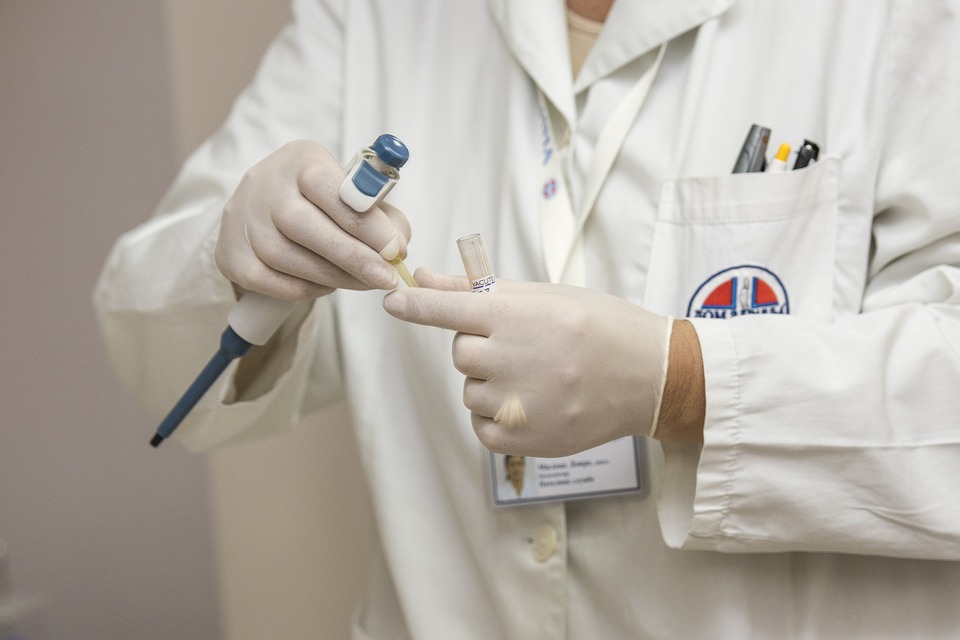The Medicare Access and CHIP Reauthorization Act of 2015 (MACRA) promises to reshape how Medicare pays physicians under the Quality Payment Program (QPP). Yet, a survey of 1,000 practicing physicians who have been involved in practice decision-making related to QPP shows that fewer than one in four physicians feel well prepared to meet its requirements in 2017, according to a survey by American Medical Association (AMA) and KPMG LLP, the U.S. audit, tax and advisory firm.
Over half of the leading physicians believe MACRA’s requirements are “very” burdensome, according to the survey.
MACRA encourages physicians to adopt value-based payment models in healthcare that connect Medicare’s reimbursement to quality and performance reporting. The law went into effect this year with “pick your pace” options for those required to participate in the QPP. Of those physicians responding to the survey, 56 percent plan to participate in the Merit-based Incentive Payment System (MIPS) in 2017, a payment system with variable incentive payments or penalties based on certain quality and efficiency measures, while 18 percent are expecting to qualify for higher and more stable payment as an Advanced Alternative Payment Model (APM) participant.
The AMA/KPMG survey was released today at the Eighth Annual Alternative Payment Model (APM) and Accountable Care Organization (ACO) Summit, and found that a majority (51 percent) of surveyed physicians who are involved in practice decision-making are somewhat knowledgeable about MACRA and the QPP and only 8 percent describe themselves as “deeply knowledgeable” about the program and its requirements. In addition, 90 percent felt the reporting requirements were “somewhat” or “very” burdensome, with the time required to report performance being the most significant challenge, followed by understanding requirements, how MIPS performance is scored, and the cost required to accurately capture and report performance. (Click here to see the AMA/KPMG report). Physicians in smaller practices (four or fewer providers) and those without experience in existing value-based reporting systems were significantly more likely to view requirements as “very” burdensome and feel less well prepared for long-term financial success.
“This survey showed that about a third of respondents are unlikely to meet the basic standard of one patient, one measure, no penalty. To help physicians meet that standard, the AMA developed and deployed resources to guide physicians toward compliance. Our resources include a step-by-step video on minimum reporting requirements to avoid a penalty in 2019 and a payment model evaluator that offers a brief assessment of where a practice stands,” said AMA President David O. Barbe, M.D. “In just 10 steps, physicians can successfully meet the standard under MACRA. Those who are prepared to report more data can realize rewards for improvement and for delivering high-quality, high-value care.”
“Aligning physician incentives with quality and other performance targets will lead to greater rewards for physicians and better healthcare for patients,” said S. Lawrence Kocot, National Leader of the Center for Healthcare Regulatory Insight at KPMG. “While progress has been made in preparing physicians for the move from volume in the fee for service payment model to value in alternative payment models, it is important that we do even more to assist physicians with the transition.”
KPMG contributed its technology, actuarial and regulatory knowledge and skills to assist the AMA in the development, build, and launch of its Payment Model Evaluator to empower physicians with actionable knowledge about MACRA and to help physicians assess their likely eligibility for MIPS or as an Advanced APM participant. Future AMA efforts will build on the experience of this useful educational tool.
AMA program and campaigns
The AMA is launching a program to help physicians comply with MACRA to avoid penalties that can hurt Medicare revenue to physicians by as much as 4 percent in 2019 and climb to 9 percent in 2022. In addition, the AMA is launching the “One patient, one measure, no penalties” campaign to help physicians avoid penalties tied to MACRA by helping them meet reporting requirements.
About the American Medical Association
The American Medical Association is the premier national organization providing timely, essential resources to empower physicians, residents and medical students to succeed at every phase of their medical lives. Physicians have entrusted the AMA to advance the art and science of medicine and the betterment of public health on behalf of patients for more than 170 years. For more information, visit ama-assn.org.
About KPMG LLP
KPMG LLP, the audit, tax and advisory firm (www.kpmg.com/us), is the independent U.S. member firm of KPMG International Cooperative (“KPMG International”). KPMG International’s independent member firms have 189,000 professionals, including more than 9,000 partners, in 152 countries.
SOURCE KPMG LLP




